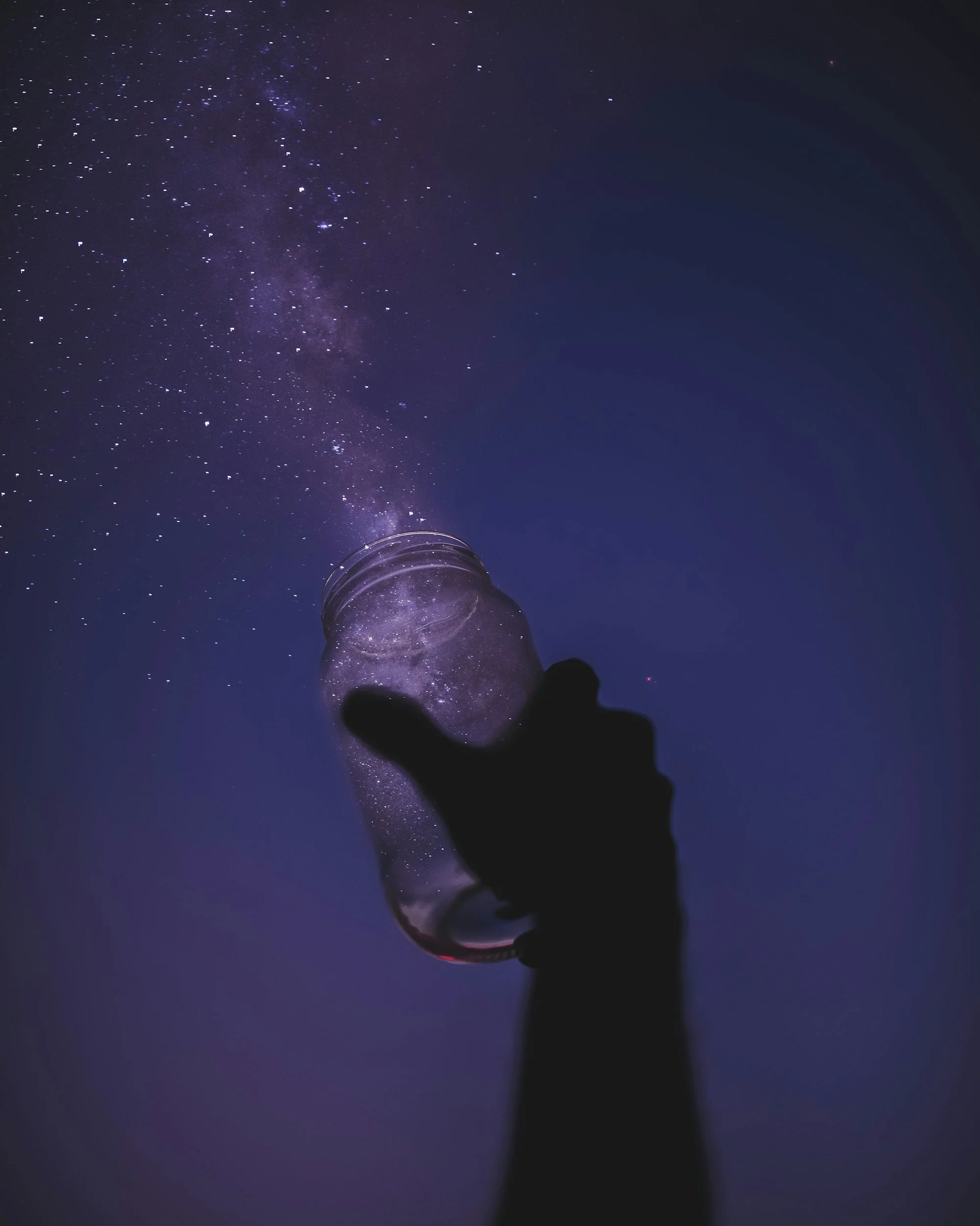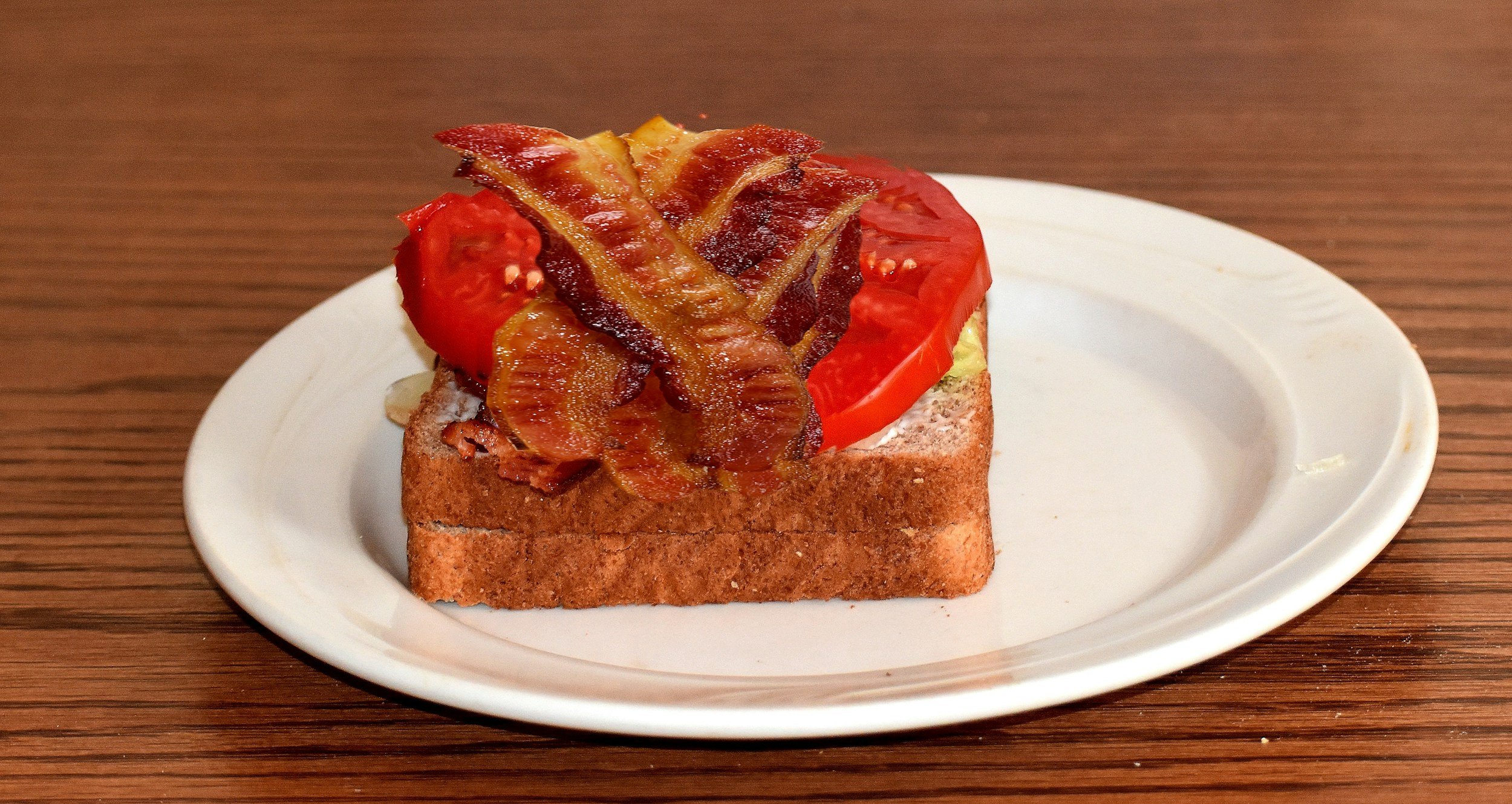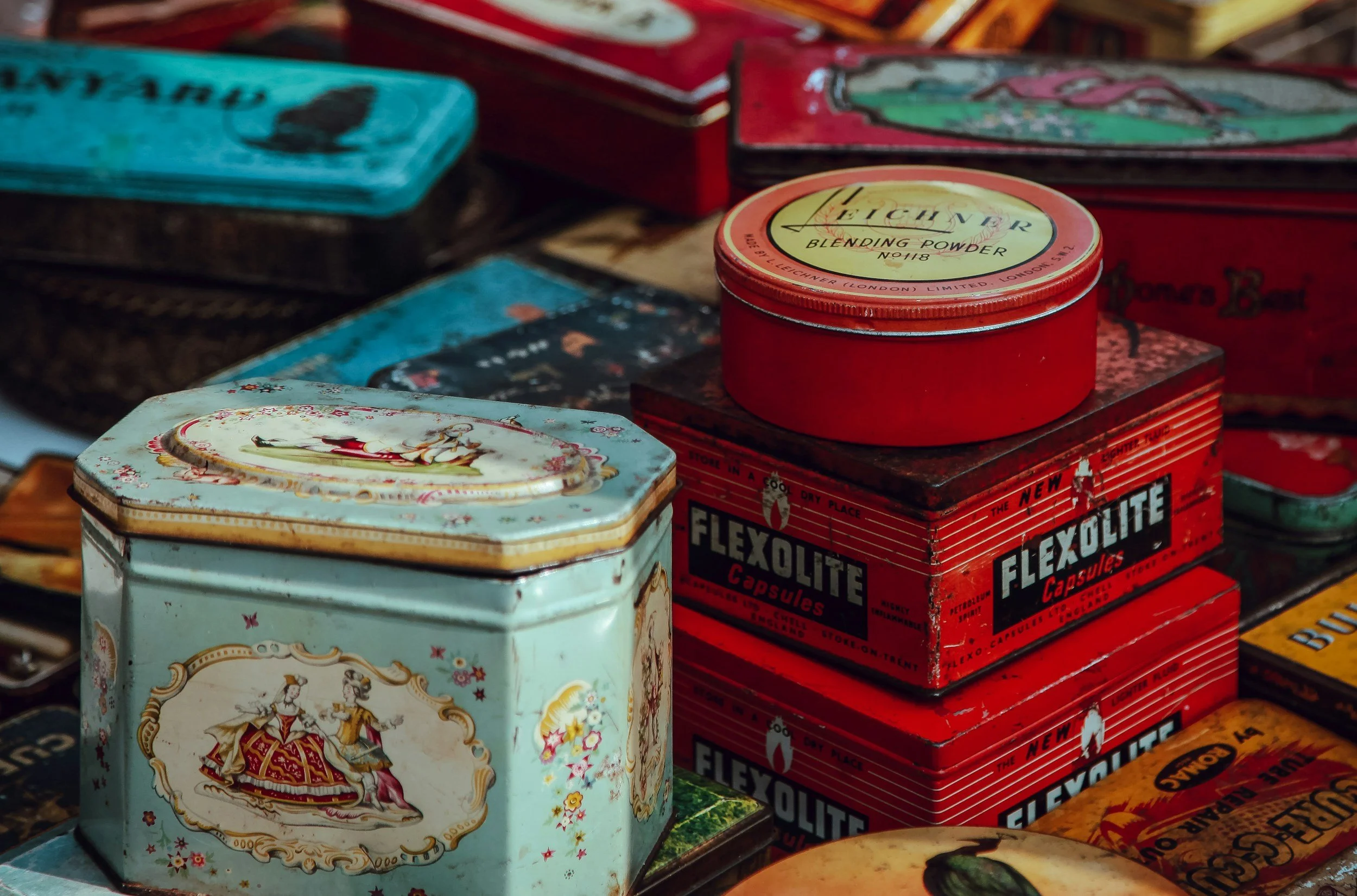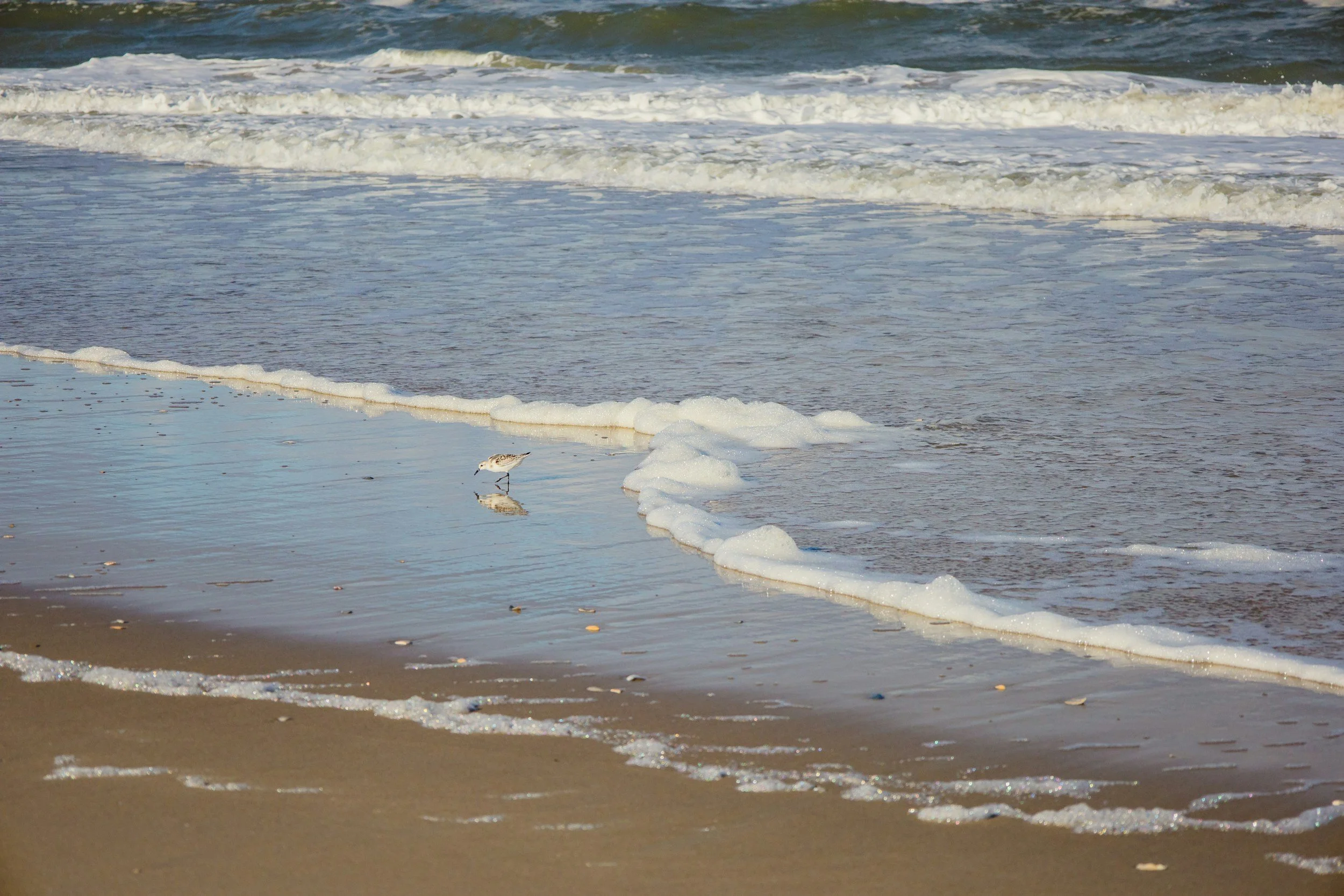Descent
What was said: The cancer has returned, Bob. Your pelvis lit up like a Christmas tree on the PET scan. There’s nothing more to do, but go home for hospice.
What it felt like: We’ve scheduled your plane crash, Bob. Prepare to depart at Gate 7D.
The oncologist stands abruptly. He nods to Bob but doesn’t look at me as he quickly strides out of the room. As soon as he is gone, nurses swarm in, already red-eyed, already hugging, already expressing condolences. Already, they know. I want to scream, “He’s not dead yet—someone do something!” Almost a year ago to the date, in December of 2010, Bob was diagnosed with a bone tumor. I wonder if cancer will forever be synonymous with Christmas.
Lightheaded, I waver as I stand. I begin packing his red backpack with the few things he has—laptop, chargers, flannel pajama pants, turtlenecks. The latest issue of Photographer’s Edge I’d picked up at the gift shop that morning now seems brutally mocking. I wonder how long before I collapse.
Nurses continue to fill the small room, wrapping us with tearful hugs. I feel they are holding me up better than my own legs, I feel I might be clinging too dearly to them, I feel I might drag them down with me. A nurse begins stuffing supplies into plastic bags.
“Here, take all of this with you, once something’s opened, we have to throw it out anyhow—” Into the bag goes beige hospital socks with grips on the soles, boxes of tissue, armfuls of bandages, rolls of gauze and tape, packages of adult diapers, thermometers. Even unopened things make the cut—rubber gloves, bathroom wipes, no rinse shampoo caps, a blood pressure cuff—the nurses seem desperate to soften the impact of the news.
Consolation prizes for patients who don’t beat cancer, I can’t help but think. When there’s nothing more to stuff in bags, when there’s nothing more to pack in his backpack, when there’s nothing more to say, Bob’s charge nurse loops the plastic bags of contraband to the handles of his wheelchair, lays the backpack in his lap. When there’s nothing official left to do, she gives us both one last tight hug and whispers, I’m so sorry, he fought the most valiant fight I’ve ever witnessed, and that’s saying a lot, I’ve been here a long time.
I stare at her. “It doesn’t matter,” I whisper. “We lost.”
She lowers her eyes and steps aside. Bob and I begin the final, unenviable procession that I’ve watched others make over the past year and a half, the one I hoped like hell we’d never have to make.
My heels strike a crisp click against the terrazzo as I wheel Bob through the long corridor of the medical center that, for the past year and a half, has been his home for more days our own. My eyes take final inventory of the paintings I’ve memorized that line the walls. I wonder how long it will be until I forget the details of this place that are seared in my mind. I hope not very long, but I know, more likely, forever.
Already, the effects from lack of oxygen take hold, my breathing comes in shallow gulps. The skin of my skull is shrinking; my whole head feels tight, like it might burst under the slightest touch, my vision blackens around the edges. We slide into the elevator, down seven stories. We’re ejected into the frenetic lobby, ending up in front of the valet parking desk.
I hand the parking ticket and my credit card to the young man behind the counter, one of many faces that have become more familiar in the past year and a half than most of our friends. I briefly consider, then quickly dismiss, the urge to tell the young man whose face brightens as he takes my ticket with a, Hey, guys, how’s it going today? that this is the last ticket he’ll take from me, this is the last time they’ll have to retrieve our Jeep. How quickly I’m framing every action around this is the last time. But I don’t have the heart to extinguish his bright smile. Even if I tried, the words would lodge into the walls of my throat, it’s so dry. I wonder how long it would take to choke to death on them. Instead, I smile weakly, the corners of my mouth tremble. I take the last receipt and offer a limp wave as I turn the wheelchair from the desk toward an empty space by the tall street-facing windows so we can watch for the Jeep.
“Can we wait outside?” Bob asks, which surprises me. The sun is bright, but the December air is sharp and bites at exposed skin.
“Are you sure? It’s really cold out there, babe.”
“Yes, please. I haven’t breathed air outside a hospital in almost four months,” he says.
“My God,” I whisper. In spite of all we’ve been through, in spite of all that I’ve seen, he still has the capacity to stop me dead in my thoughts with something so simple. “Of course.”
I glide his wheel chair out to the sidewalk, the burst of cold air stings bare cheeks, turns breath into vapor puffs. I stand behind him, hands clutching his shoulders. I don’t bother to dig out sunglasses from the bottom of my purse to shield pink, swollen eyes. Passersby flick startled, lingering glances at me, then him, then think to themselves, hmmm, this place doesn’t always perform miracles. He closes his eyes, turning his face toward the hazy winter sun, inhaling deep, exhaling long. How holy he appears, aglow in the strained winter light, the whiskers on his upturned cheek, his dark eyelashes and brows, sparked by that same light, as though he were already an apparition.
*
Our takeoff is turbulent. On the freeway, toward home. I pound my mittened palms against the steering wheel until they sting, howling curses at doctors who parachute, leaving us pilot-less for the rest of this flight. I didn’t sign up for this part—I don’t know how to help someone die. My mouth is frothy, my vision blurred. My breath rasps my throat, tearing into my lungs with violent gasps. Bob’s hand braces against the dash as I jerk the Jeep from lane to lane, veering around traffic. I can’t get away from that little shop of horrors fast enough.
“Slow down, babe, you’re driving like a bat out of hell. You’ll kill us both if you keep this up.” His soft voice parts the raging river gushing from my mouth. A high-pitched burst, almost a shriek, escapes from my throat, his comment is absurd.
“Wouldn’t I be doing us both a favor?” I spit the words out.
“No,” he says with quiet reserve. “I want as many days at home with you as I can.”
I glance at him, then shift my eyes back to the highway. He is finally in our car, on his way home with me for good. It’s the only thing I’ve asked for, the past fourteen months. I realize, too late, that God needed more specifics. I wipe my nose with the back of my mitten, eases off the gas. Forty-five minutes later, I glide the Jeep into the snow packed driveway.
-Jennifer Hildebrandt
Jennifer is an author and movement teacher living in Mahkato, MN. She is a graduate of Hamline University's MFA program in CNF, and a 2019-2020 fellow with the Loft Literary Center Mentor Series. She has received grants from both the Minnesota State Arts Board and Prairie Lakes Regional Arts Center for projects in memoir. Her work can be found in the Eunoia Review, Iris Literary Journal, Adelaide Literary Magazine, Bellevue Literary Review, Masters Review and other publications. Her essay, “Jacket,” won Honorable Mention in Bellevue Literary Review’s nonfiction prize in 2017, and was nominated for a Pushcart Prize.





























